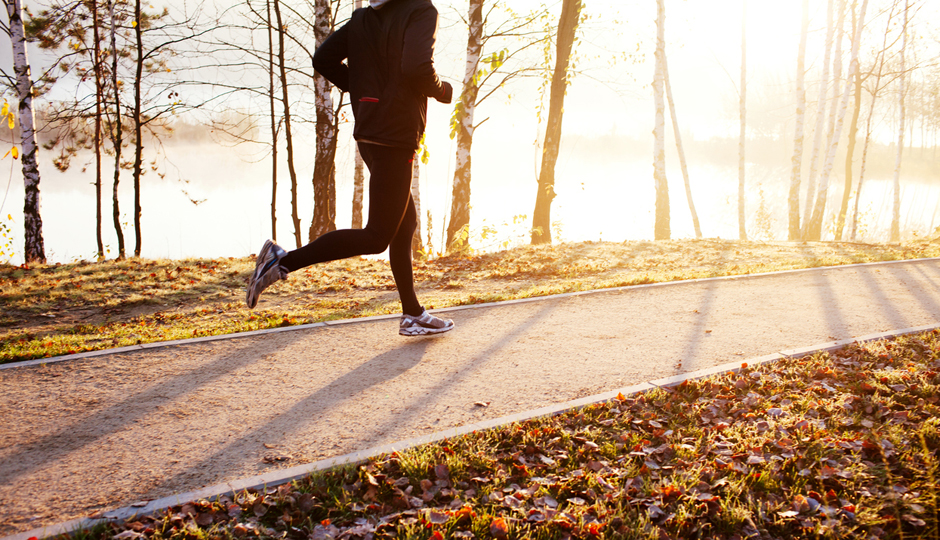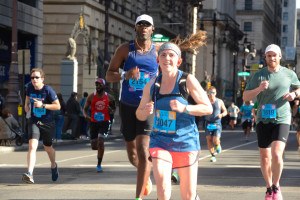How Runners’ Brains Are Different (and Arguably Better)
It is windy out there today. Like, the kind of windy that makes me wonder if I’d like living in Florida, despite all the signs that it’s … not for me (see: Marco Rubio and gator hunting as a hobby). So I will not judge you for telling me that you’ve already decided to skip your evening run — but I do have some news that might make you change your mind: As the New York Times reports, a new study found that runners brains are better equipped for decision-making, multitasking, concentrating, and more, than the brains of those who are sedentary but otherwise healthy. And who doesn’t want a better brain?
For the study, published in Frontiers in Human Neuroscience, researchers at the University of Arizona looked at the brains of two groups: 11 competitive collegiate male distance runners, and 11 young men who said they hadn’t exercised in the past year. They looked at their brains in an MRI scanner, which measures levels of brain activity, and found that the runners’ brains showed different connections than the brains of the sedentary group.
So, what does this matter? Well, the connections the runners’ brains showed were in areas of the brain needed for higher-level thought, like working memory, multitasking, attention, decision-making, and processing visual and sensory information. As the Times notes, “In essence, the runners seemed to have brains in which certain cognitive skills, including multitasking and concentration, were more finely honed than among the inactive men. Earlier studies in older adults have found that similar connections are associated with improved memory and cognition as people age.” Runners’ brains also had less activity in areas that are related to lack of focus and mind wandering. I will take it!
While the study doesn’t prove that running caused these connections to form (or that these connections wouldn’t be found in the brains of those who favored other endurance sports, like cycling), it does suggest that your running hobby could have a positive impact on the way your brain works. Now, who will be layering up and lacing up their running shoes this afternoon?
Like what you’re reading? Stay in touch with Be Well Philly—here’s how:
- Like Be Well Philly on Facebook
- Follow Be Well Philly on Twitter
- Follow Be Well Philly on Instagram
- Follow Be Well Philly on Pinterest
- Get the Be Well Philly Newsletter



